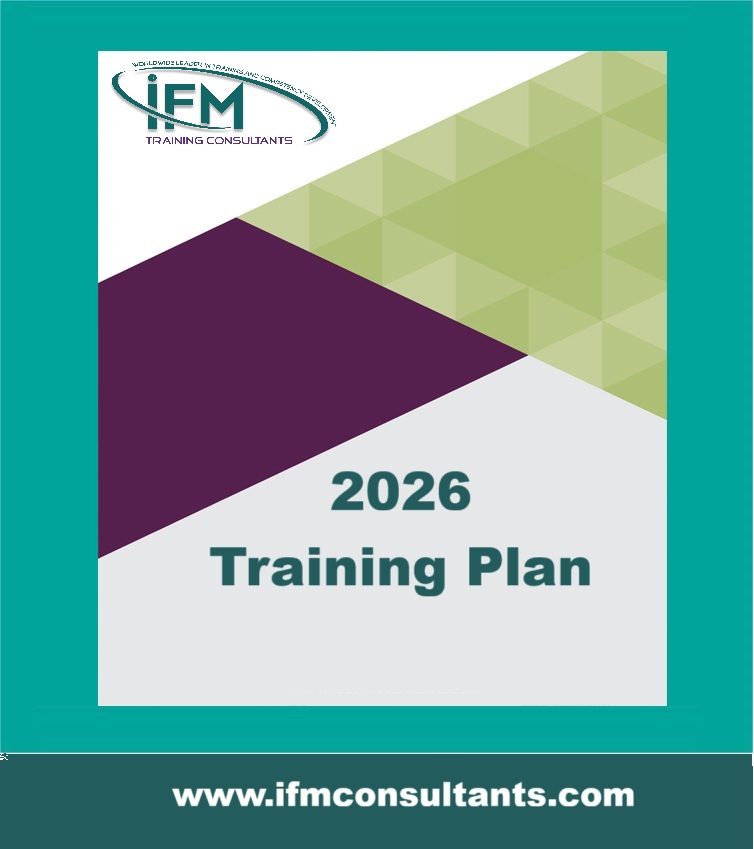Advanced Logging Tools Physics
| Start Date | End Date | Venue | Fees (US $) | ||
|---|---|---|---|---|---|
| Advanced Logging Tools Physics | 16 Nov 2025 | 20 Nov 2025 | Riyadh, KSA | $ 3,900 | Register |

Advanced Logging Tools Physics
| Start Date | End Date | Venue | Fees (US $) | |
|---|---|---|---|---|
| Advanced Logging Tools Physics | 16 Nov 2025 | 20 Nov 2025 | Riyadh, KSA | $ 3,900 |
Introduction
Tool Physics cover the operating principles of modern logging tools, their applicability to varied environmental (borehole, formation and drilling fluid) condition and their use for defining petro physical properties. It is important to properly select logging tool suites that are fit-for-purpose calls to know their limitations in specific well conditions.Our Advanced Logging Tools Physics focuses on Basic Logging Operations and Quality HSE, Basic Nuclear Logging, Resistivity Logging, Acoustic (Sonic Logging), Nuclear Magnetic Resonance, Borehole Imaging & Diameters and Modern Nuclear Tools.
Course Design
The spectroscopy will be explained for Open and Cased Hole applications. Both types of formation to be logged and the mud system employed during drilling are critical inputs for the tool selection and measurement interpretation processes.
Includes Specific and Practical Case Studies
Participants will work on examples logs recorded in varied formation and well condition and to select most advantageous logging tools for a wide range of well types and mud systems. Participants can be able to confidently advise what tools to run, where and when, thus assuring that adequate and valid petro physical data is collected without expenditure of excessive rig time or money
Objectives
- Understanding of principles of Wireline operations
- Learn principles of sensor calibration and understanding of critical tool parameters
- Review of tool physics of open hole & cased-hole petro physical tools
- Comparison of different tools of the same tool family
- Understand the need of sensors with multiple depth of investigation
Training Methodology
The training methodology is interactive with group exercises and is suitable for all employees involved in functions management. The pace and level of the training workshop is customized to the understanding of the delegates. Ongoing back-up and support is available after the training on request to the supplier, and the training course is also available for in-house presentation as well as for “Competency Transfer”.
Who Should Attend?
This course is designed for, but not limited to, those who are involved in formation evaluation activities and petro physical analysis of logs and cores and need to interact with service providers and other E&P Professionals in their own companies, including:
- Petro physicists
- Petroleum Engineers
- Drillers
- Geologist
- Geophysicists
Course Outline
DAY 1
Basic of Wire line Logging & Basic Tool Sensors
- Log Acquisition in the Well-Field Environment
- Logging Sensor Resolution
- Natural Gamma Ray Measurement
- Accuracy and Precision of The Measurement
DAY 2
Advanced Resistivity Sensors
- Introduction to Modern Resistivity Logs
- Later logs
- Micro and Micro Later logs
- Induction Measurements
- Tool Planner for Resistivity Tools
- Cased-Hole Resistivity Logging
DAY 3
Advanced Porosity Sensors
- Density Measurements
- Neutron Measurements
- Cased-Hole Application
- Simple Sonic Too( Bore Hole Compensated)
- Basic Theory of Nuclear Magnetic Resonance (NMR)
DAY 4
Quality Control-Calibration-Special Open Hole and Cased-Hole Sensors, Practical
- Quality Check of Open Hole Logs
- Primary and Secondary Calibration Standards
- Electric Imaging
- Induced Gamma Ray Spectroscopy
- New Tool Developments
- Petro physical Cased Hole Sensor
- Logging Environment
- Design Optimum Logging Program
- Discussions
DAY 5
Practical Cases

















